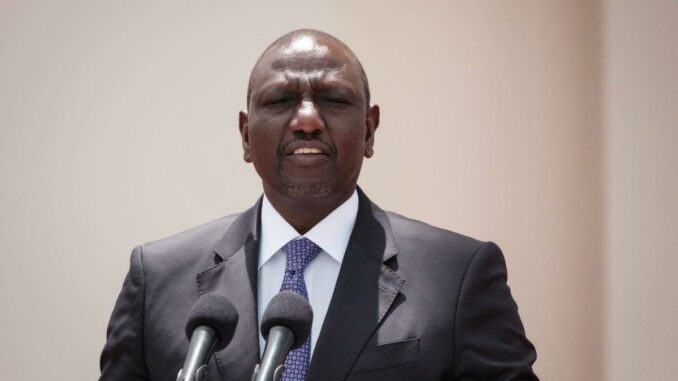
In a rare and pointed admission from the highest office on June 11, Kenyan President William Ruto has decried the death of 31-year-old blogger and teacher Albert Ojwang while in Police custody as a “cruel” and “unacceptable” tragedy.
Ruto extended personal condolences to Ojwang’s family and demanded full cooperation from the police with the Independent Policing Oversight Authority (IPOA), which has already launched an investigation into the circumstances surrounding the death. This move signals a potential shift in how state brutality is addressed in Kenya’s deeply troubled law enforcement landscape.
Ojwang, a well-known social media commentator on X (formerly Twitter), was detained in Homa Bay for allegedly criticising a senior police official. Transferred to Nairobi shortly thereafter, he died in custody at Central Police Station. A subsequent autopsy revealed that his death was caused by blunt-force trauma and neck compression—findings that directly contradict initial police claims of self-harm. The revelation has deepened national outrage and revived longstanding calls for reform in a police force widely criticised for brutality and impunity.
The death has galvanised a coalition of civil rights groups and citizens, with protests erupting in Nairobi and being met with tear gas by security forces. Organisations such as Amnesty International Kenya, Vocal Africa, and the Bloggers Association of Kenya have demanded an impartial probe and legal accountability for those involved. President Ruto’s strong condemnation, while welcomed by some, is now under scrutiny as the public waits to see whether it will lead to meaningful reform or amount to yet another rhetorical gesture in a nation where police violence often goes unpunished.
